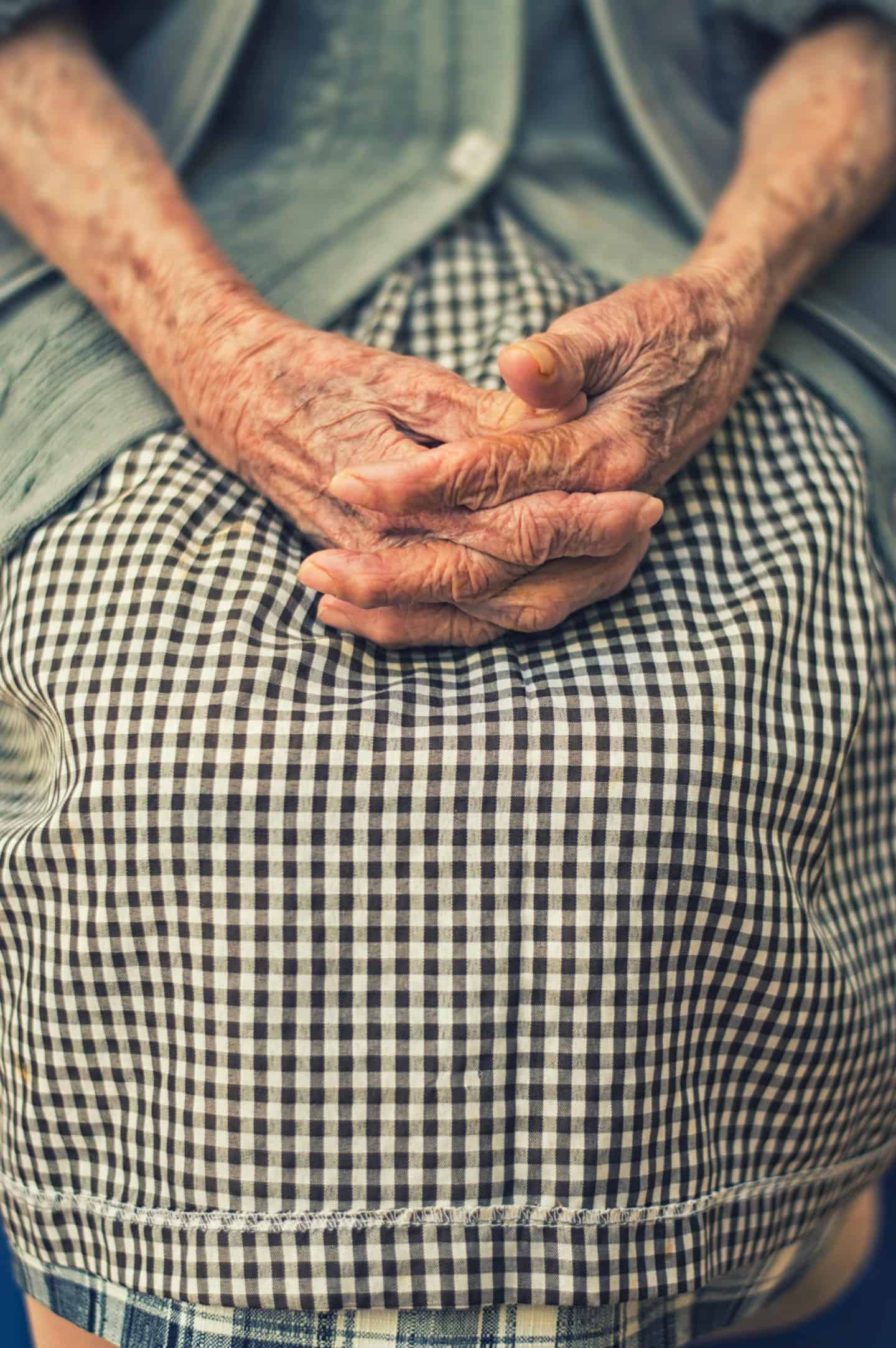As our loved ones get older, their needs change and so does our role in their lives. Children become carers and the kindness our parents showed for us in our early years is repaid in kind. However, supporting elderly family members often means balancing respect for their independence with proactive care. It’s not always easy, but small steps can make a big difference.
1. Create a Safe and Accessible Home Environment
Many accidents involving older adults happen at home. Slips, trips, and falls are common, especially on stairs, in bathrooms, or where there’s clutter. Making small modifications can greatly reduce these risks. Install grab bars near the toilet and in the shower, and make sure handrails are secure on all staircases. Non-slip mats in bathrooms and kitchens are essential. Remove loose rugs and keep walkways clear of wires, shoes, and furniture edges. Good lighting is also key. Use brighter bulbs and add motion sensor lights in darker hallways to improve visibility at night.
2. Support with Mobility Tools and Walking Assistance
Mobility aids can provide freedom and confidence but only when they’re well-suited to the individual. Walking sticks, rollators, or frames can help prevent falls, both indoors and out. It’s worth consulting a GP or physiotherapist to find the right fit and to check for signs of pain or instability while walking. Outdoors, pavements and uneven paths present new challenges. If a fall occurs in public and it wasn’t their fault, it’s important to know that getting advice from a legal team could help clarify next steps and protect their rights.
3. Promote Routine Movement and Gentle Exercise
Keeping active helps maintain balance, strength, and overall health. It doesn’t have to be strenuous as even gentle daily movement makes a big difference. Encourage regular short walks, chair-based workouts, or balance exercises designed for older adults. These routines can help prevent the muscle loss and stiffness that increase fall risk. Before starting anything new, however, it’s always wise to check in with a doctor first as you can’t be 100% sure how these changes in routine could impact the health of potentially very ill individuals.
4. Stay Involved with Medical Appointments and Assessments
Routine health checks are critical in spotting early signs of conditions like arthritis, osteoporosis, or vision problems, all of which can affect stability. Attend appointments when possible and help keep track of medication, side effects, and follow-up referrals. Stay informed too by asking about local fall-prevention clinics or services that assess home safety and mobility.
5. Foster Communication and Emotional Wellbeing
Aging is as much an emotional evolution as it is a physical one. When mobility or independence declines, feelings of anxiety, frustration, or loneliness often rise. Open conversations go a long way. Ask how they’re coping, what they feel they need, and include them in care decisions to preserve a sense of control. Recent findings from Age UK show that 49% of older adults have felt more anxious over the past year, 39% report poor sleep, and 16% say they’re struggling to look after themselves. These figures further highlight the importance of emotional support and connection.

